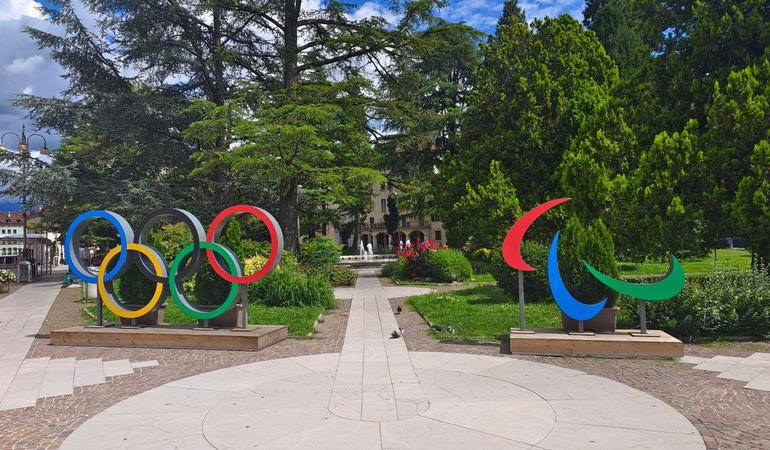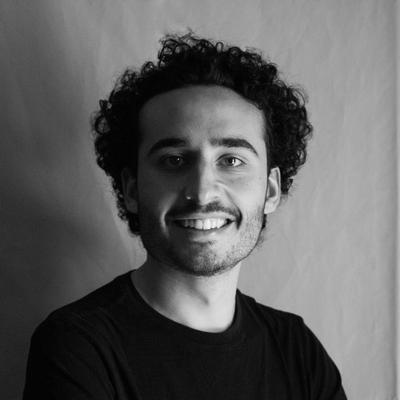
Milano-Cortina. Ecco come verranno spesi i 450 milioni di euro delle paralimpiadi


16 gennaio 2025
"When judges come under attack, everyone's rights are at risk, starting with the most vulnerable". So says Margaret Satterthwaite, Professor of Law at the New York University and since October 2022 UN Special Rapporteur on the independence of judges and lawyers. In an interview with lavialibera, she expresses her concern about the growing attacks on the judiciary, from the United States to The Hague, passing by the Italian situation, which she "is following".
Satterthwaite, how independent is the judiciary today?
Giving a global assessment is complicated, but I see some very concerning trends. The first has to do with autocratization, which can and is affecting any state, even democracies, and can impact justice in different ways. I have identified four in particular. The first is by "capturing courts", meaning attempts by governments to pack the judiciary with loyalists. The second consists of obstructing the courts, for instance by taking away competences or reducing funding. Then there is the instrumentalisation of justice, when the executive uses trials to target opponents. Finally, there are the direct attacks on the judiciary, from verbal attacks, which include putting information about judges' private lives into the public sphere, to torture and murder. The many reports I continue to receive and various studies show that these threats are unfortunately increasing.
How do you see the situation in Europe?
The autocratization I mentioned earlier is also affecting Europe, often linked to the rise of populist forces. The European Court of Human Rights and the EU institutions have repeatedly expressed concern about this. My predecessors and I have engaged with Hungary and Poland, which is now making important progress in restoring the rule of law and judicial independence. But worrying trends can also be seen elsewhere.
The insinuations of a politicized judiciary behind US President Joe Biden's decision to pardon his son Hunter show that such attacks do not come exclusively from populist forces.
I will not comment specifically on this decision, because my mandate requires me to raise the issue directly with the government concerned before exposing myself publicly. What I can say is that we must be careful not to feed suspicions of a politicised justice system. If we see misuses, there are mechanisms to ensure independence and impartiality. We demand this from everyone, whatever the party.
Besides judges, what impact do these threats have on society? In other words, why should people care?
Because without independent and impartial judges, we start to lose our rights. And when this happens, the ones who lose out in the first place are the most vulnerable and disadvantaged, who already have less access to rights. Unfortunately, however, judicial independence is one of those values that you do not recognise until you lose it. If something happens to us, we can go to court and expect to be treated fairly. But this is not to be taken for granted.
Freedom of the press is increasingly threatened in Italy
International justice is also under attack: Israel has accused the International Criminal Court and the International Court of Justice of 'anti-Semitism' for investigating the war in Gaza, and several Western states have declared that they do not support them.
The international community is facing a crucial test. We should be glad that the mechanisms designed to stop or prosecute the worst human rights violations are working. It would be a huge failure if prevent this. By the way, this is one of the first times that the Global South is compactly calling for international justice to do its job. The attacks that the international courts are suffering, such as the threats of sanctions against the Criminal Court coming from the United States, are unacceptable and represent serious threats to their independence. And the fact that these attacks are coming from the same Western governments that supported the Court when it issued arrest warrants against Putin shows a double standard that needs to be stopped.
In Italy, judges who have ruled against certain government actions on migration have ended up at the centre of a campaign of attacks, also fuelled by prominent politicians. Are you aware of this?
Yes, I am following the situation. It is part of the trend I was talking about before: when governments attack and denigrate judges because they make unfavorable decisions, it's a real danger sign. And it is important that people are aware of this.
However, these attacks often find support in public opinion, or at least do not provoke strong reactions. Why is that?
I think there is a trust issue with the judiciary. People find it hard to understand how it works, they have the impression that judges sit in an ivory tower, far away from normal people. Thus, when the mechanisms defending the independence of justice are dismantled or manipulated, they do not realise the seriousness of it, they do not perceive that everyone's rights are at risk. Of course, we must also recognise imperfections in the system: deficiencies in efficiency, accessibility, transparency and timeliness contribute to eroding attachment to justice and the feeling that it should be defended. Therefore, correcting them means removing arguments from those who question the whole system.
Your latest report looks at the influence of economic actors on justice. Can you tell us more?
This is another worrying trend. The most obvious form is the corruption of judges, which continues to exist in many countries, but other technically lawful but very problematic modes of influence are emerging. For example, in systems where judges are elected, as in some US states, large economic players may favour a candidate through donations. Then there are the so-called Slapps, the strategic lawsuits against civil participation, which are increasing alarmingly. These are lawsuits usually brought by big companies against journalists, activists, lawyers or even judges trying to shed light on illicit deals or harmful actions. Thus, certain economic actors use justice as a weapon against those who try to protect rights and ensure transparency.
World Anti-Corruption Day: the best way not to stamp out bribery
What can be done to strengthen the independence of justice?
On the level of legislations, many steps can be taken, such as the adoption of specific laws against Slapp lawsuits. It is also essential to listen to judges and lawyers when they sound the alarm. But most importantly, we need to make the independence of justice a popular issue, and recognize that it concerns the rights of all.
Diventare un lettore registrato de lavialibera.it non costa nulla e ha molti vantaggi. Avrai accesso a contenuti inediti dedicati e riceverai le nostre newsletter: ogni sabato la raccolta degli articoli della settimana e ogni prima domenica del mese un approfondimento speciale.
Registrati ora!Se sei già registrato clicca qui per accedere e leggere l'articolo
Riformata. Così il governo vorrebbe la magistratura, ma l'obiettivo è solo limitarne il potere